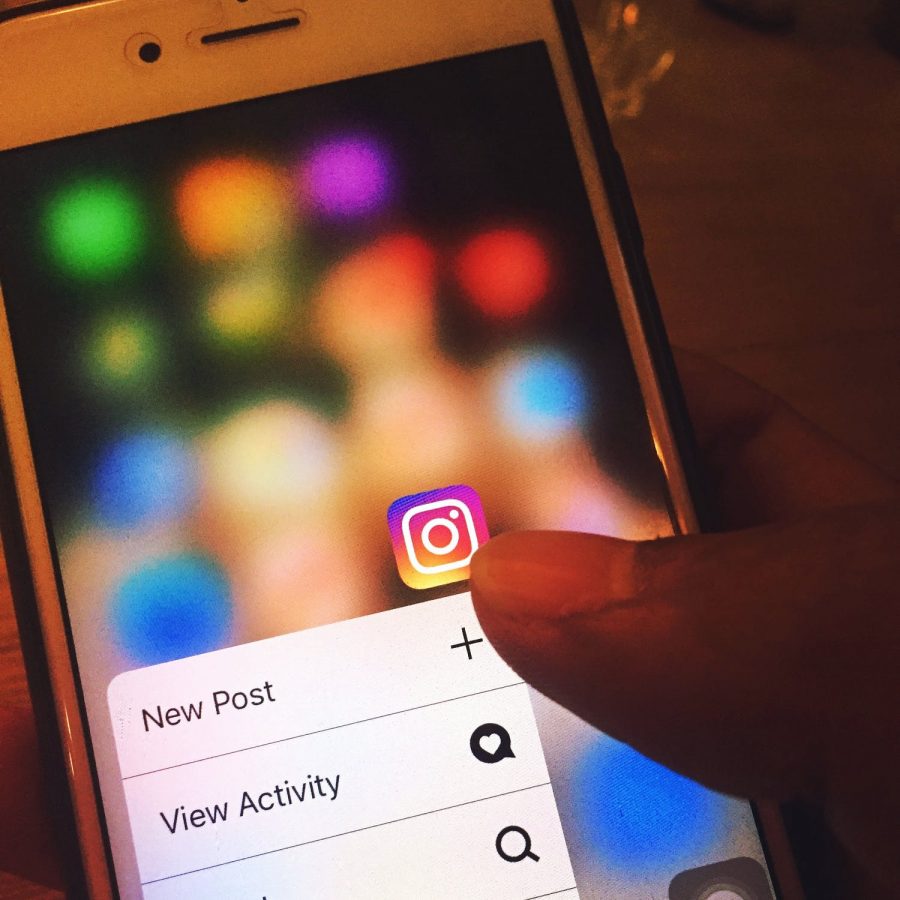Social Media’s Impact on Mental Health and Body Image
Photo by Omkar Patyane from Pexels
Right at one’s fingertips, social media can have a devastating impact on one’s emotional health.
Social media can be a great thing. Apps like Facebook, Instagram, and Snapchat can help one keep in touch with friends and family. Social media can also have a crushing dark side. Kids and teens depend so much on social media. Apps like TikTok have not just become a hobby but a daily routine. It has become a habit to post, like, comment, follow, and repeat. Social media has made the desire for acceptance much stronger. Social media has also made the desire for more likes and follows much stronger. When boys and girls go on TikTok or Instagram and see who is getting more likes and who has more followers, it fuels envy and then a yearning to look like or be the person who is getting the attention they want. This can create a want to change oneself or the way he/she looks. Secondly, this can contribute to mental illnesses such as body dysmorphia and eating disorders.
Although these mental illnesses have been around way longer than social media, the number of cases have greatly increased since the inception of social media. For example, according to the Recovery Village website, about 2% of the world population suffers from body dysmorphia. Although that 2% percent seems like a very small number, that is about 156,000,000 people worldwide. The site also states that body dysmorphia cases are way more common in women and teens. An LHS student who has struggled with such issues, said, “I have been overweight most of my life, and it wasn’t an insecurity of mine until middle school. I was bullied for three years. I tried exercising but couldn’t get a hold of it. Social media created this image that in order to be accepted, I had to be skinny and have long hair, clear skin, a perfect body, and pretty eyes.”
Social media can also influence eating disorders. People with eating disorders make up about 9% of the world population; that is about 720,000,000 people. According to an article on from the American Journal of Clinical Nutrition, the number of estimated cases of eating disorders in 2000 was 30,000,000. As seen, the number of reported cases has increased dramatically. This generation struggles more with these types of mental illnesses than any other generation.
On these issues, Samantha Lancaster, a social worker at LHS, said, “Social media is a strong influencer on teens. A concern is many students have unlimited access to social media instead of some having a break from it. It seems nowadays everyone has a cellphone. Images posted are often a snapshot of what someone would like to see. It often creates a false narrative that is what someone should act or look like–filter and all.” Social media has a strong hold on teens, and when ideas of wanting to change oneself enter a developing mind, it can be very dangerous. This idea can lead to eating disorders, body dysmorphia, and many other mental illnesses.
Social media has also been linked to suicide. According to a study exploring the correlation between suicide and eating disorders and body dysmorphia (BDD), “45 to 70 percent of the patients with BDD have reported suffering from suicidal ideation, and 22 to 24 percent of patients with BDD have attempted suicide,” stated an article in on the National Association of Anorexia Nervosa and Associated Disorders (ANAD) website. Julia Walker, a counselor at New Horizon Counseling Center in Valley Stream, also had a comment on this issue: “I had a patient who suffered with both body dysmorphia and anorexia. She always thought she wasn’t good enough from a young age and wanted to look like someone who she wasn’t. Two years after taking therapy from me, she ended up taking her life. I almost felt guilty, like I didn’t have an impact.”
Although there are clearly negatives to social media, there is still much good. And, even though many suffer from these illnesses, there are so many resources available through social media that can offer advice, answer questions, and just generally help people out when it comes to these problems. There are also many places on social media that can make one feel safe. Body dysmorphia and eating disorders are a problem; however, it is important for one to remember that he/she is enough. Lancaster added, “Eating disorders and body dysmorphia require treatment by a trained professional.”






















